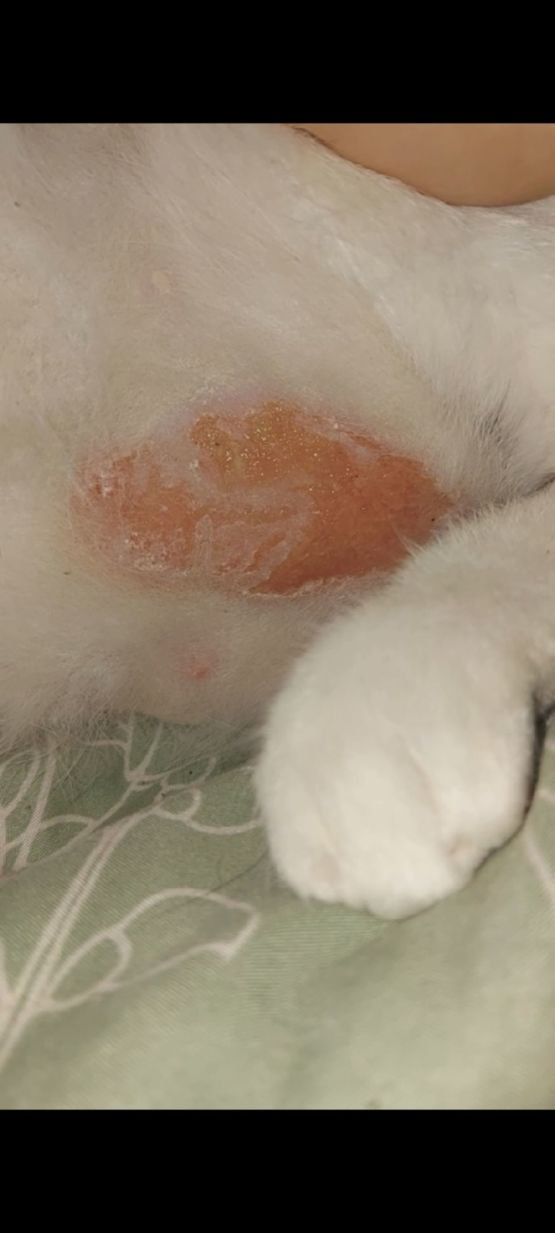Hello, I wanted to share my experience and recovery journey with OCD, especially for those struggling with intrusive thoughts and anxiety. A few months ago, in August, I experienced a severe flare-up, and it was one of the most difficult times in my life. For context, I’ve always been an anxious person, and I’ve had tendencies that teetered on Generalized Anxiety Disorder (GAD) and OCD since I was young. However, this particular episode hit me harder than anything I’d encountered before.
I developed intense Harm OCD after hearing a true-crime story from my mom. It only took one narrative, and suddenly I was overwhelmed by waves of anxiety, guilt, shame, and perhaps even anger, though most of it was directed inwardly, making me frustrated with myself and the people around me.
I want to share a few insights that have significantly aided in my recovery, with the hope that they may be helpful to others. First, it’s essential to acknowledge that intrusive and obsessive thoughts will likely always be a part of the experience. Though this is uncomfortable and frustrating, accepting this reality is key to managing these thoughts without being overwhelmed by them. This also applies to intrusive emotions and feelings—yes, you can have intrusive emotions too.
At my worst, I didn’t feel like myself. I felt utterly disconnected, as though I were a monster unworthy of existing. It took several months of consistent practice to reach a point where I could calmly use phrases like “maybe, maybe not” or simply agree with my intrusive thoughts. For example, in the throes of harm OCD, I would say, “Yes, I might harm my family while they sleep,” or “Sure, that seems like something I might do.” I know these thoughts are deeply unsettling, but it’s important to understand that this approach can be applied to any intrusive thought, feeling, or emotion. For example, with Relationship OCD (ROCD), one might think, “Maybe I will cheat on my partner,” or “Maybe I’m not attracted to them anymore.”
The key is to embrace the discomfort and uncertainty. Though it feels terrifying when you’re deep in an obsession, the relief you’ll feel as you learn to live with these thoughts, rather than fight them, is invaluable. I can now go out and engage with others, something that once seemed impossible due to my social anxiety. My ability to navigate the world has improved drastically, and I’ve accepted that, yes, I will likely always have intrusive thoughts and some level of anxiety.
I am unmedicated, though I am open to the possibility of medication in the future. However, I want to emphasize that it’s entirely possible to make progress without medication. If I can manage this, I firmly believe you can too.
In terms of factors that can exacerbate OCD, being physically unwell has been a trigger for me. When I had the flu, for example, I convinced myself that I had Antisocial Personality Disorder (ASPD) and could not feel emotions. If you’re feeling under the weather, know that your symptoms may intensify. Similarly, certain times of the month can throw off your emotional balance, especially for women. During these times, it’s important to be extra gentle with yourself. Hormonal fluctuations can exacerbate anxiety, so make sure to practice the techniques you’ve learned, even when you don’t feel at your best.
It’s also crucial to remember that self-care is foundational in managing OCD. Skipping meals or neglecting basic hygiene can make it more difficult to resist compulsions. Take care of your body—eat, sleep, shower—these simple acts can have a profound impact on your mental well-being. Treat yourself with the same compassion you would offer a close friend going through a hard time.
Now, let’s discuss what helps manage OCD: As mentioned earlier, phrases like “maybe, maybe not” can be incredibly effective. These simple affirmations challenge the need for certainty and help disrupt obsessive thinking. I know that when you’re anxious, it can be tempting to avoid situations or interactions that trigger anxiety. However, I urge you to confront those fears head-on. The more you face your anxiety, the less control it will have over you.
If you’re struggling with eating, even something as small as a cracker can make a difference. Celebrate small victories—if you resist an obsession once, instead of five times, acknowledge that progress.
Above all, remember that self-compassion is vital. On the days when you feel overwhelmed or exhausted, it's okay to rest. You’re not broken. You’re not flawed. You deserve love, even when it’s hard to feel it.
Finally, avoid seeking reassurance—especially from yourself. I know it’s tempting to tell yourself, “I would never do that,” but instead, try responding with, “Maybe I would do that. Maybe I wouldn’t.” This approach helps break the cycle of seeking certainty and makes the intrusive thoughts less overpowering.
In conclusion, acceptance is not the same as agreement. It’s natural to slip up from time to time, but as you continue practicing these techniques, they will become more effective. I hope this message brings some comfort to anyone who may be struggling. There is a way forward, and you have the strength to reclaim your life.
Good luck to all of you on your journey. You are worthy of peace and healing.

